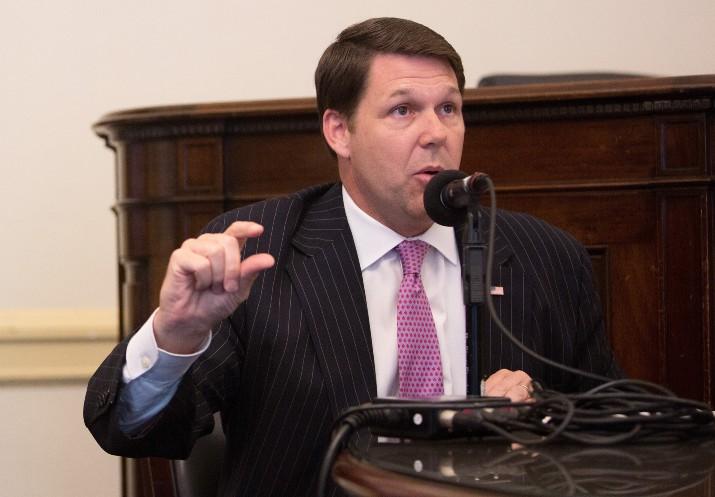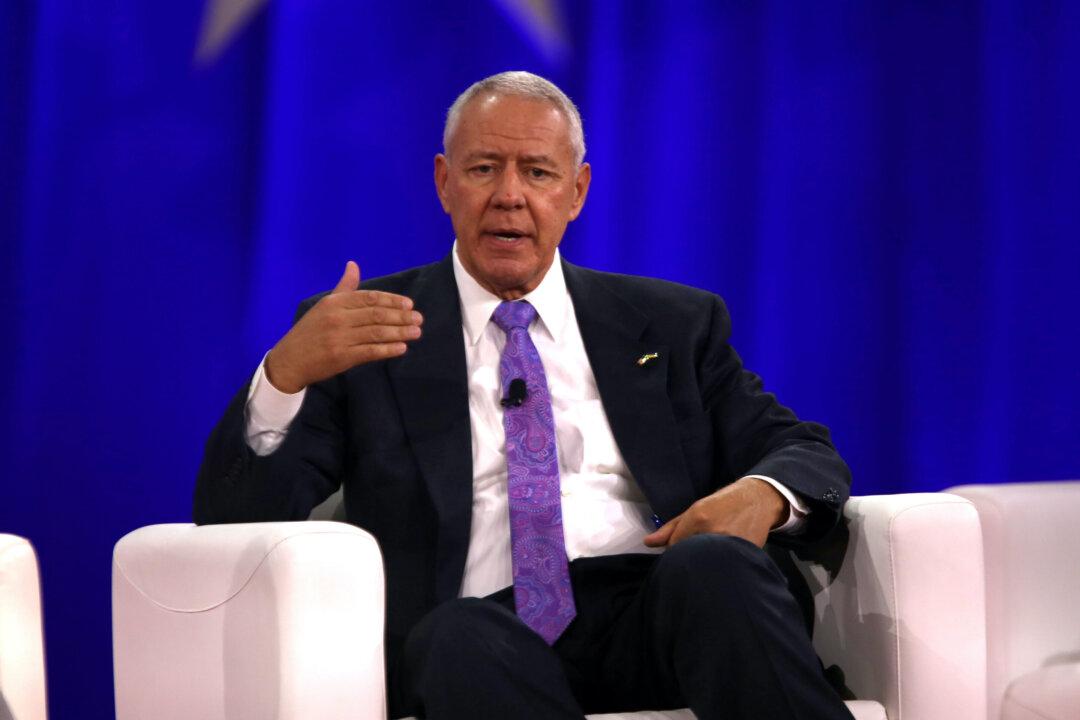Rep. Jodey Arrington (R-Texas) will introduce today two pieces of legislation aimed at forcing Congress to heed a decades-old demand for a convention under Article Five of the Constitution to address runaway federal spending and inflation.
Arrington’s office refused to comment on the resolutions to the Epoch Times other than to confirm by email that Arrington will be introducing something “on this issue.”





